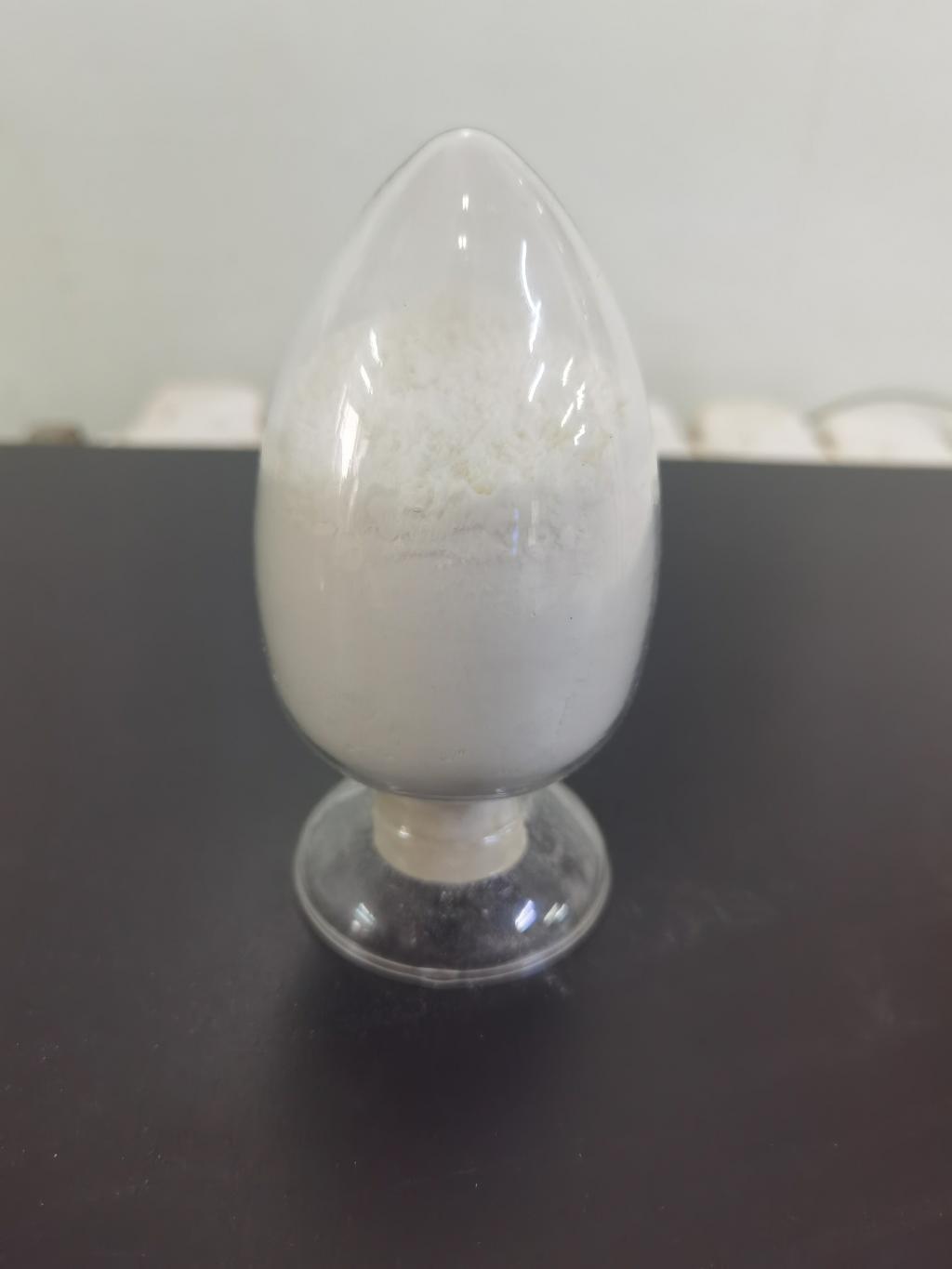Tel:0086 18231198596

News
Current Position:
Home >
News
>ε-Polylysine Hydrochloride: A Key Player in Sustainable Agriculture Practices.
ε-Polylysine Hydrochloride: A Key Player in Sustainable Agriculture Practices.
TIME:2024-05-28
Understanding ε-Polylysine Hydrochloride
ε-Polylysine hydrochloride is a cationic polypeptide composed of multiple lysine residues linked by peptide bonds. It is produced by certain strains of bacteria and is known for its broad-spectrum antimicrobial activity against bacteria, fungi, and other pathogens. ε-Polylysine hydrochloride has been widely used as a food preservative and is recognized for its safety and efficacy.
Role in Crop Protection
Antimicrobial Activity: ε-Polylysine hydrochloride acts as a natural antimicrobial agent, inhibiting the growth of pathogenic bacteria and fungi that cause plant diseases. By preventing disease outbreaks, it helps protect crops and improve their resilience to environmental stressors.
Biopesticide: ε-Polylysine hydrochloride can be formulated into biopesticides for controlling plant pathogens. These eco-friendly alternatives to chemical pesticides reduce the risk of pesticide residues in crops and minimize adverse effects on beneficial insects and wildlife.
Benefits for Soil Health
Microbial Balance: ε-Polylysine hydrochloride helps maintain a healthy microbial balance in the soil by suppressing the growth of harmful microorganisms while promoting the proliferation of beneficial microbes. This enhances soil fertility and nutrient cycling, leading to improved crop growth and productivity.
Biodegradability: Unlike synthetic pesticides, ε-Polylysine hydrochloride is biodegradable and does not persist in the environment. It undergoes natural degradation processes, minimizing its impact on soil and water quality.
Environmental Sustainability
Reduced Chemical Inputs: By substituting chemical pesticides with ε-Polylysine hydrochloride-based biopesticides, farmers can reduce their reliance on synthetic chemicals, thereby minimizing environmental pollution and ecosystem disruption.
Preservation of Biodiversity: The use of ε-Polylysine hydrochloride in agriculture promotes biodiversity by preserving natural habitats and supporting the diversity of plant and animal species. This contributes to the overall health and resilience of agricultural ecosystems.
Applications in Sustainable Farming
Organic Agriculture: ε-Polylysine hydrochloride is approved for use in organic farming systems and aligns with the principles of organic agriculture, which prioritize environmental sustainability, biodiversity conservation, and natural resource management.
Integrated Pest Management (IPM): Incorporating ε-Polylysine hydrochloride into IPM programs enables farmers to adopt a holistic approach to pest and disease management. By combining biological, cultural, and chemical control methods, IPM reduces pesticide usage and promotes sustainable crop production.
Regulatory Considerations
ε-Polylysine hydrochloride is Generally Recognized as Safe (GRAS) for use in food and has received regulatory approval for agricultural applications in some regions. Regulatory agencies provide guidelines and regulations for the registration, labeling, and use of biopesticides containing ε-Polylysine hydrochloride, ensuring product safety and environmental protection.
Future Perspectives
Further research into the optimization of ε-Polylysine hydrochloride formulations, application methods, and efficacy against specific plant pathogens will enhance its adoption in sustainable agriculture. Collaborations between researchers, agricultural extension services, and farmers will facilitate the development and implementation of ε-Polylysine hydrochloride-based solutions for crop protection.
Conclusion
ε-Polylysine hydrochloride holds great promise as a sustainable alternative to chemical pesticides in agriculture. Its antimicrobial properties, biodegradability, and safety profile make it a valuable tool for crop protection, soil health enhancement, and environmental sustainability. By integrating ε-Polylysine hydrochloride into agricultural practices, farmers can contribute to the development of resilient, environmentally friendly farming systems that support food security and ecosystem health.

 CONTACT
CONTACT




